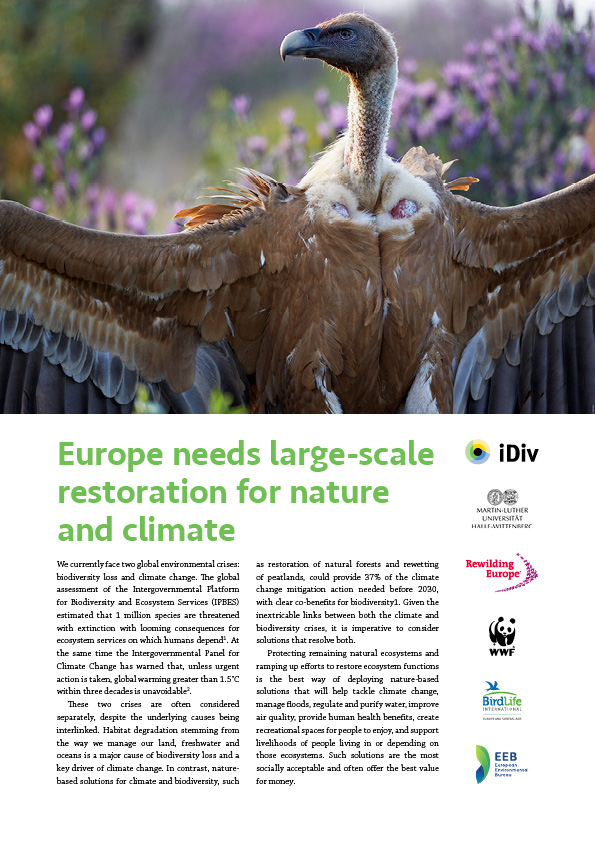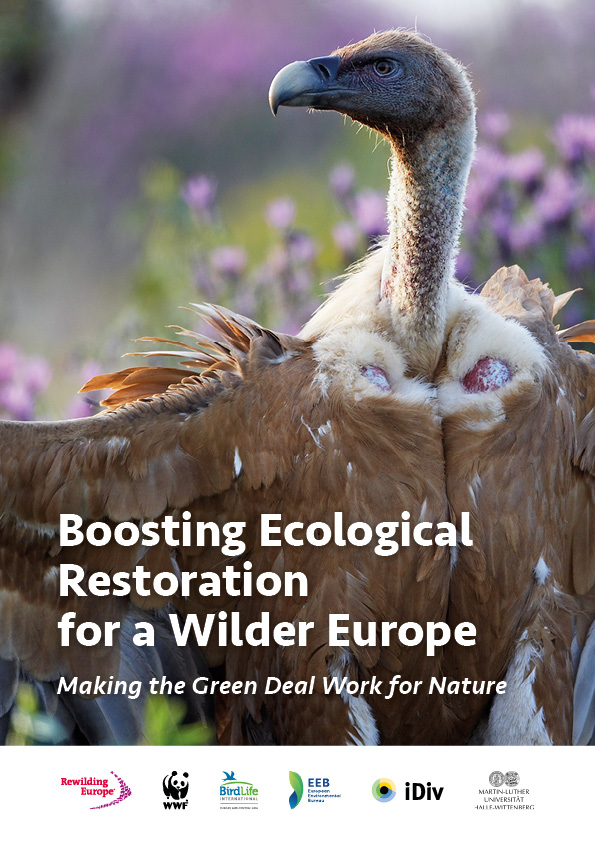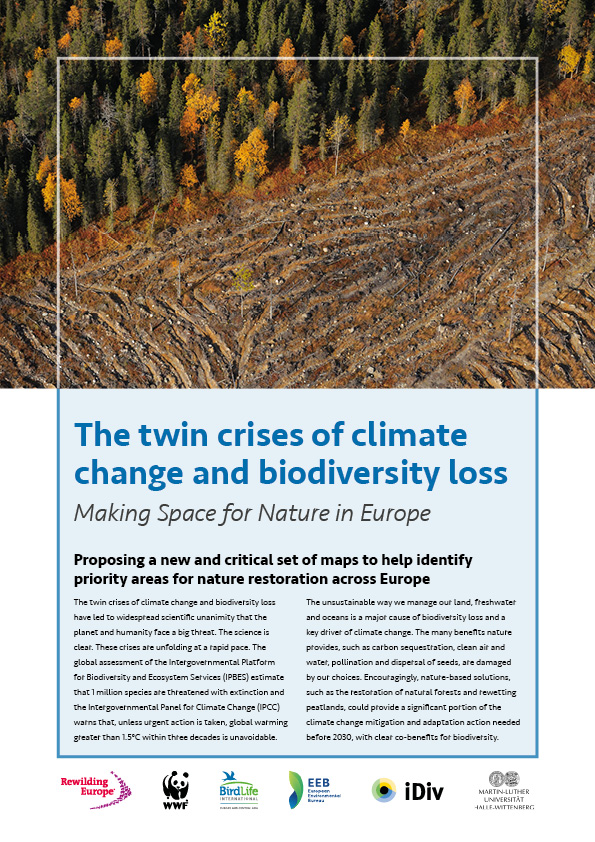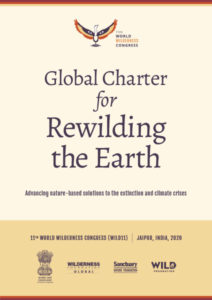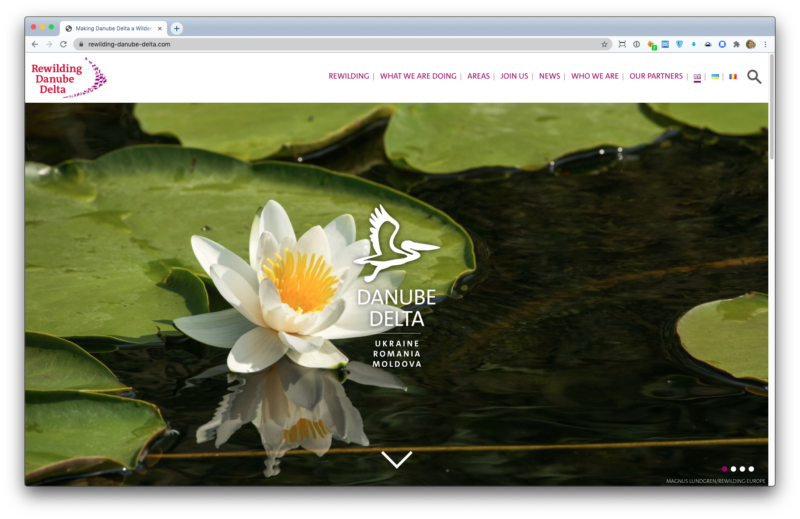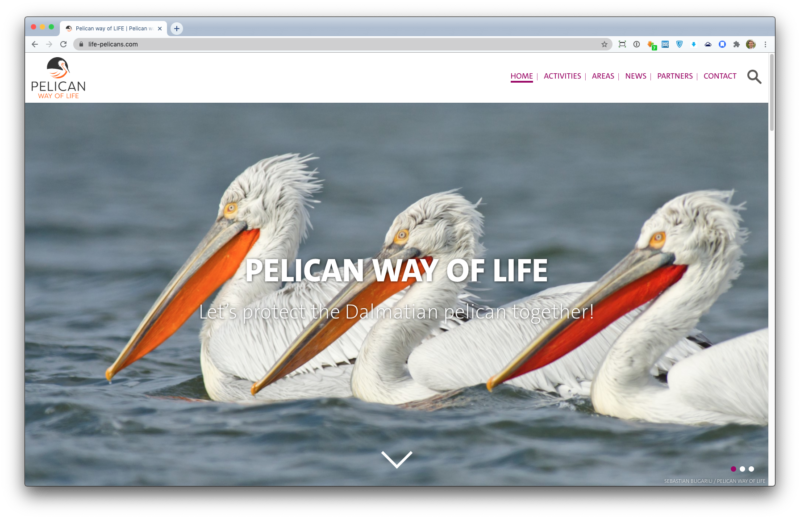Dear friends, colleagues and partners,
It gives me great pleasure to share with you our latest Rewilding Updates, covering the January-July period. This new issue of Rewilding Updates, our special internal newsletter for relations and partners, will bring you up to speed with our most important recent developments.
We have been able to move forward on many fronts, despite Covid-19, as you will see from these updates. More than ever, we were able to increase awareness about the need for rewilding, as one of the best ways to tackling our climate and biodiversity emergencies. Today, the need for more wild nature has never been more evident.
In addition to significant rewilding actions and progress in many areas, a major milestone for us will be the launch of a six-part TV series called “Europe’s New Wild”. Featuring the comeback of wildlife and wild nature in Europe, this will be broadcast across the globe from early September onwards. We are hoping the series will generate much positive impact and help to advance rewilding across our beautiful continent. Very exciting!
I wish you happy reading and wild regards,
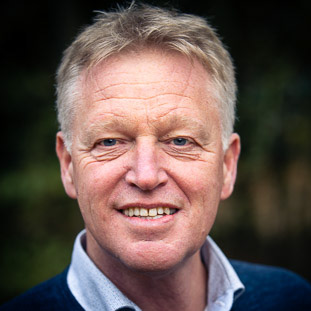
Frans Schepers
Managing Director
Rewilding Europe
Key milestones
Looking back at an eventful and productive year to date, we can reflect on a number of major achievements and milestones.
Making the EU Green Deal work for nature
This year the EU is taking decisions that will have far-reaching consequences for Europe’s people and nature. Do we continue to let climate change and biodiversity decline continue unchecked, or do we employ the most immediate and cost effective solutions to counter these increasingly harmful trends?
In our view, the large-scale restoration of nature is one of the best ways of tackling our current climate and biodiversity emergencies. In its new Biodiversity Strategy 2030, the European Commission has proposed legislation that really drives landscape-scale restoration and ensures the connectivity of ecosystems vital for biodiversity and climate. This is definitely a very good step forward, but its effectiveness will depend on how this legislation will be designed and enforced over the coming years.
Released mid-March, a new set of policy papers not only calls on EU politicians to prioritise nature restoration, but provides them with critical and effective new tools to do so. Co-authored by Rewilding Europe, together with BirdLife Europe and Central Asia, the European Environmental Bureau, the Martin Luther University Halle–Wittenberg, the German Centre for Integrative Biodiversity Research (iDiv) and the WWF European Policy Office, the papers are the culmination of a three-year, WWF Netherlands-funded programme to promote and strengthen Europe’s restoration agenda.
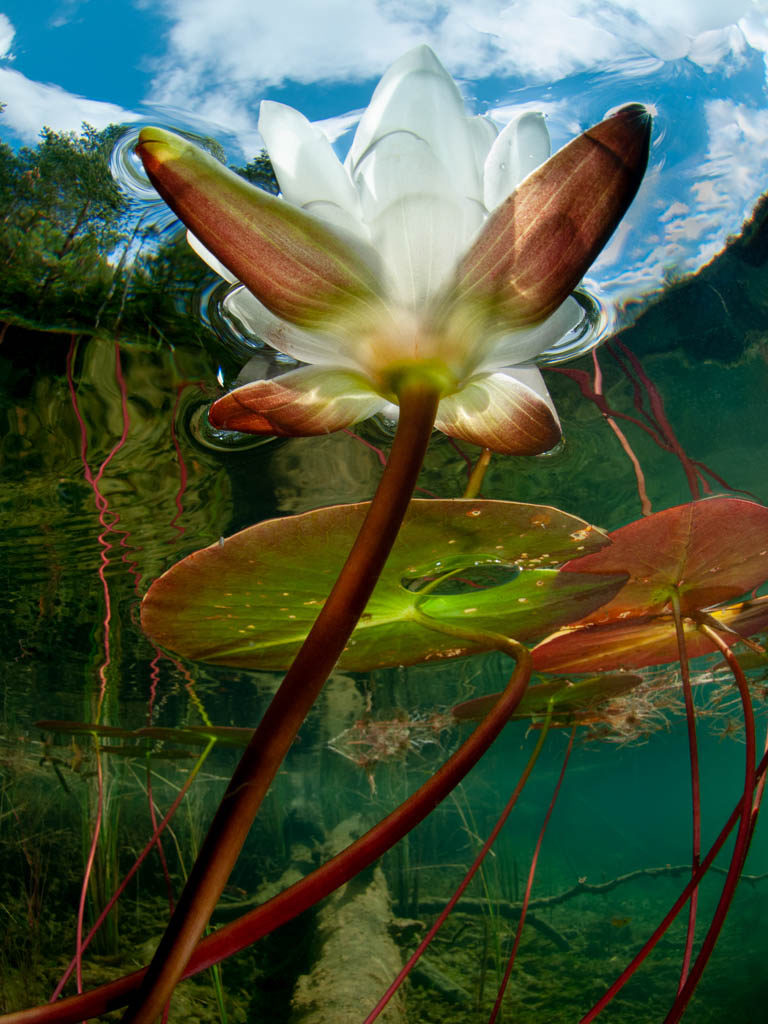
Putting rewilding on the global agenda
In April, we co-released a “Global Charter for Rewilding the Earth” that reinforces the message that rewilding must be prioritised as a critical solution to our current climate and biodiversity emergencies. The visionary document has already been endorsed by over 100 NGOs from across the world, including Rewilding Europe.
The Charter builds on the growing recognition across the world that the restoration of wild nature is a critical, cost-effective, immediate way of tackling climate change, reversing biodiversity decline, and providing services that we, as humans, rely on. The Global Charter is directed towards a wide range of organisations for incorporation in their actions and policies, including major institutions such as the Convention on Biological Diversity (CBD) and IUCN. It has also been submitted during the formal public comment period for the United Nations Decade on Ecosystem Restoration 2021–2030.
The European Rewilding Network is maturing
Based on a renewed strategy to further enhance the European Rewilding Network, both admission criteria and all existing members were reviewed. Part of the goal is to grow the effectiveness of the network and make the learning and exchange component even stronger.
The result of this review is that a number of members left, while we also saw new members come on board. So far, this year has seen four new members join, from Sweden, the United Kingdom, Belgium and Ireland. Currently, the ERN boasts 61 members from 27 countries.

Involved in restoring the degraded river Lankälven in Sweden, the Rewilding Lankälven project has become the fifth Sweden-based ERN member, demonstrating how rewilding efforts are scaling up and becoming more connected in this country (January).
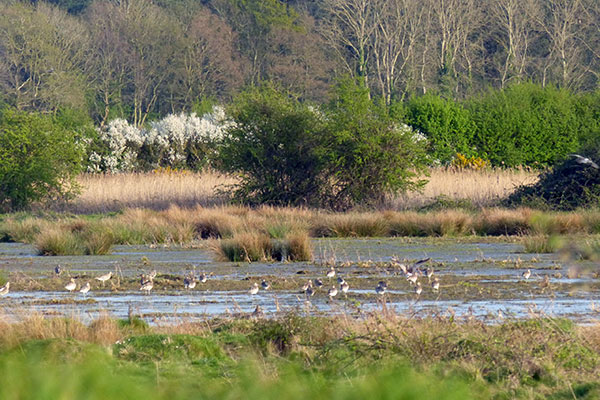
Aiming to inspire others farming land, the Wild Ken Hill rewilding initiative in eastern England is working to enhance wild nature, mitigate climate change and boost the local economy (May).

Membership of the network will enhance rewilding efforts along the Grote Nete River in northeast Belgium, with a particular focus on the regeneration of floodplain forest and a 2,500 ha rewilding zone (June).
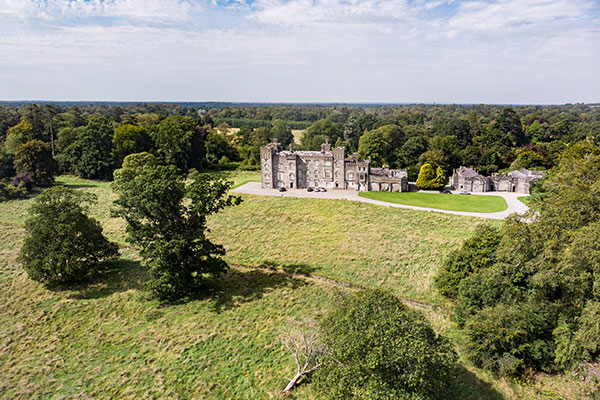
Last but not least, the Dunsany Reserve (part of the Dunsany Estate) became the first ERN member in Ireland (July).
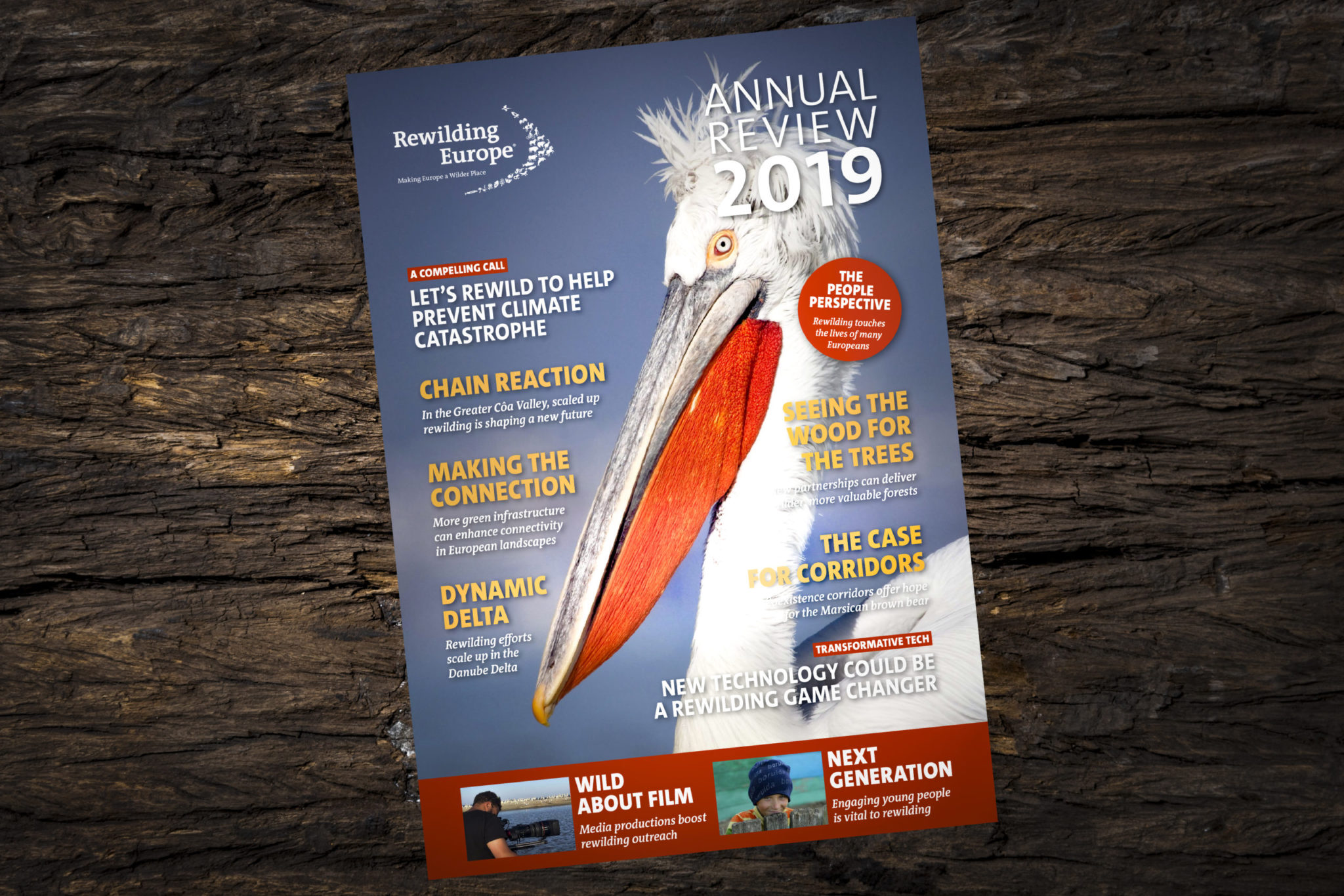
Our new Annual Review published!
Coinciding with International Day for Biological Diversity, which this year had the theme “solutions are in nature”, Rewilding Europe launched its Annual Review 2019 in June. The beautifully illustrated, 101-page publication makes a compelling case for investing in the recovery of wild nature – right now – as a means of countering some of the world’s greatest challenges.
As well as presenting key results from all eight of our operational areas in 2019, the Annual Review 2019 offers readers an insightful mix of ten feature stories. These not only set out why we need to scale up rewilding but outline how we can do it too.
You can read our Annual Review 2019 online or order a printed copy.
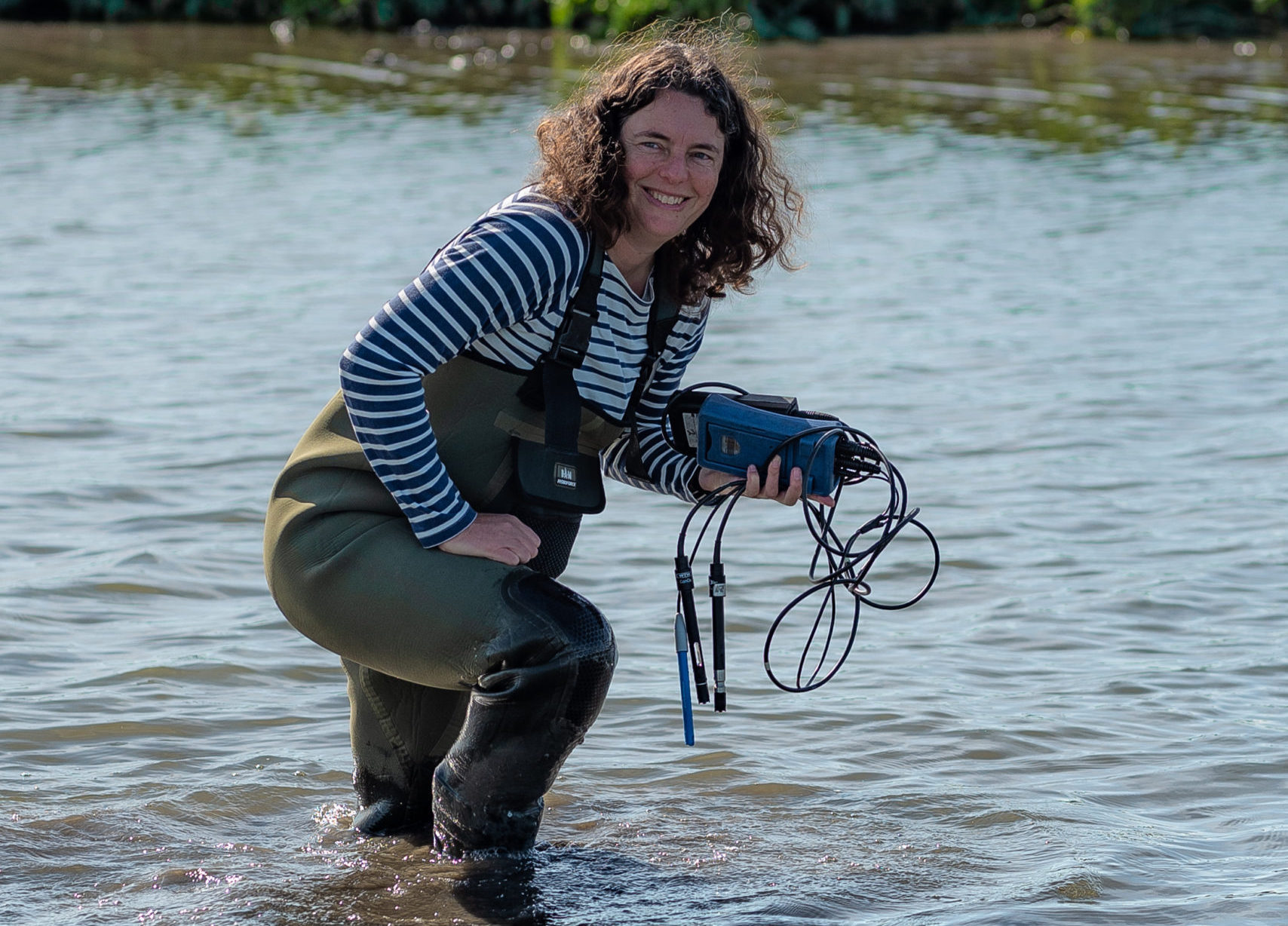
First university chair on rewilding ecology
Rewilding Europe is thrilled to announce that Dr. Liesbeth Bakker has become Europe’s first professor of rewilding. The hugely experienced Dutch ecologist, who took up her pioneering position as Special Professor of Rewilding Ecology at Wageningen University’s Wildlife Ecology and Conservation Group in February, is already hard at work promoting the science and study of rewilding.
While Liesbeth Bakker will also teach, most of her time will be spent supervising master’s students engaged on rewilding-related internships. In addition, she will work to connect members of the scientific community focused on rewilding ecology, thereby forwarding rewilding’s scientific agenda, and study and promote rewilding as an innovative and progressive approach to conservation.
Bakker’s professorship will last for five years, with the option to extend it for another five. She is also a senior scientist at the Netherlands Institute of Ecology’s Department of Aquatic Ecology.
Europe’s wildlife comeback set to captivate global TV audiences
“Europe’s New Wild”, a stunning six-part TV series profiling the dramatic return of wildlife across Europe, begins a global rollout in September this year. The series is co-produced by Rewilding Europe, Off the Fence Productions and Bonne Pioche. With a huge worldwide outreach, it aims to raise awareness of and support for European wildlife comeback and rewilding. It will be broadcast in more than 45 languages, reaching at least 140 million homes in more than 160 countries.
As the first ever multi-episode portrayal of European rewilding, the series reveals the spectacular resurgence of nature across Europe’s most varied and breathtaking landscapes. Much of the footage was shot in Rewilding Europe’s operational areas.
Europe’s New Wild has been several years in the making, so this is a really exciting moment for all involved. Every episode tells a different story, but the series has a unifying theme – the return of magnificent European wildlife, wild nature and the positive impact of rewilding. We invite everyone to watch it!
Rewilding areas – latest from the field
Rhodope Mountains
Griffon vultures continue their comeback, with the number of breeding pairs reaching 105 – three more pairs than in 2019. In May we found that 73 chicks had hatched. Saudi Arabia appears to be a popular travel destination for the juvenile griffon vultures. Data from GPS transmitters, which were fitted to two young birds soon after they were born in 2019, show they arrived in the Middle Eastern country near Medina, having spent nearly five months away from home.
Deer releases continue to build a food base for the vultures, with red and fallow deer populations growing significantly and boosting the availability of wild prey carcasses. The bison herd, released into the wild in the summer of 2019, saw a second calf born and now totals eight animals.
Greater Côa Valley
The former Western Iberia rewilding area changed its name to the Greater Côa Valley, which fits better with the geographical focus of our work. The area branding icon was also changed from a Tauros to horse, which is more typical for the Portuguese context.
Rewilding Portugal has entered into an exciting new collaboration with Symington Family Estates – a family-owned, Portuguese wine and port-producing business. This will enhance rewilding and nature-based business through financial support, rewilding activities on wine estates, and opportunities for employees to volunteer with Rewilding Portugal.
In a recent study within the EU-funded LIFE WolFlux initiative, nearly half of interviewees were open to the idea of living alongside the Iberian wolf under certain conditions, giving cause for optimism that this keystone species can make a comeback.
Southern Carpathians
Aimed at residents and visitors, a short video animation was produced explaining how to behave during an encounter with a European bison. This is one of a range of measures employed to promote harmonious human-bison relations in the area. Five more free-roaming bison were fitted with GPS collars, equipped with a useful tool called Virtual Fence. Whenever the collar sends a GPS signal it checks automatically if the animal is within or outside one of the predefined areas (effectively inside or outside the virtual fence). This information is stored in the collar memory, and can also trigger a warning signal. This is the first time such technology has been deployed in Romania.
In July, eight more bison were released in another successful translocation, bringing the total number of animals in reintroduced herds to 64. So far, 20 calves have been born since 2014, with an additional six newborns this year.
Central Apennines
The really exciting news was the announcement that 16 Marsican brown bear cubs were born to nine female bears in the Abruzzo National Park and its buffer zone in 2019. As the highest figure recorded since census taking began in 2006, the positivity of this result is accentuated by the fact that 10-plus cubs have now been born in each of the last four years. The number of cubs born this year has yet to be established. This increase is helped by rewilding efforts, in particular a focus on reducing human-bear conflict. One of the key mechanisms here is the establishment of Bear Smart Communities (three to date), complemented by a recently established Bear Conservation Fund, to increase the effectiveness of so-called coexistence corridors.
In addition to work on bears, the team have also focused their efforts on other species to restore trophic chains, including actions on Apennine chamois, vultures, wildcat and white-clawed crayfish.
Swedish Lapland
We are in a process 0f reevaluating the overall strategy for Rewilding Sweden, with a range of experts from Sweden involved. Consultations are also being held with key stakeholders and critical thinkers connected to nature conservation in the country.
In the meantime, a range of rewilding activities are moving forward, in particular related to the EU-Interreg Wildlife Economies project, wetland and river restoration, as well as fundraising. We expect to finalise the way forward for Swedish Lapland later this autumn. We believe there is a great need and massive opportunities for rewilding in Sweden, and we are fully focused on determining the best way to build a rewilding initiative in the country.
Velebit Mountains
One of the main areas of work here is to create a wildlife corridor in the heart of the Velebit Mountains, offering a fresh approach to wildlife management and enabling the development of a local nature-based economy. To achieve this, one of the key interventions so far has involved the acquisition of three hunting concessions (Ramino Korito, Lukovo Sugarje, Dolin) by a local, Rewilding Europe-owned company. In early 2020, a fourth concession of nearly 5,800 hectares was purchased, called Jablanac. Together with two neighbouring national parks (Paklenica and North Velebit), the wildlife corridor has already taken shape, with an interconnected area of over 43,000 hectares by the end of 2019.
A new team leader started working at the beginning of the year, heading up a six-member team.
Danube Delta
We were thrilled by the release of a herd of 20 kulan (a subspecies of Asiatic wild ass and wild relative of the domesticated donkey) into a large fenced enclosure on the Tarutino Steppe, an 8,000-hectare swathe of grassland on the northern edge of the Danube Delta in Ukraine. The animals (8 males and 12 females) will be allowed to roam free on the steppe later this year or early next, returning to an environment where they have been absent for hundreds of years. In the Danube Delta itself, three eagle owls were released as the start of a larger reintroduction effort for the species.
Many of the current rewilding efforts in the Danube Delta are focused on revitalising wild nature by restoring connectivity and natural water flows. One of those efforts is the ongoing restoration of the 1550-hectare Lake Kartal, which will be reconnected with Kugurluy and Kagul lakes, and with the River Danube itself before the end of this year.
Oder Delta
With the Eurasian elk entering the area from the south, work has started to promote co-existence with the species. With efforts covering the entire German-Polish border, the Rewilding Oder Delta team are focusing on the northern sections.
River restoration work in Poland continues with the next phase of tenders about to go out for work on Gowienica and Ina Rivers. With the Anklamer Stadtbruch purchased by our partner organisation NABU, preparation work is now underway for rewetting a further section of this area by stopping water runoff from this major wetland. Rewetting of the neighbouring Bargischow Polder continues, creating a wet wilderness and wet meadow areas.
Last but not least, explorations are underway for the potential rewetting of a 10,000-ha area of arable drained peatland that has been heavily impacted by drought, with major fundraising efforts being made concurrently.
Candidate rewilding areas
In the first half of this year major progress was made exploring two potential new rewilding areas: the Iberian Highlands in Spain and East-West Wild in Scotland. A range of visits and feasibility studies were conducted related to issues such as the restoration of natural processes, land availability and building local economies, while fundraising has also started. It is still too early to say when these areas will finally be considered for inclusion in Rewilding Europe’s portfolio of operational rewilding areas. A third accepted nomination, an area in the Alpes Dauphiné in France, has not yet made such progress.
Organisation
Team changes and Supervisory Board
The first part of this year saw some changes in our team across Europe. In the central team, Jeanne Specht Grijp left in March, while Willem Nolens, our new Head of Finance & Operations, was appointed in June. This makes the management team of Rewilding Europe complete again and we are excited to move forward.
In the Supervisory Board, Paul Jepson left in April, leaving a vacancy which we hope to fill soon. We thank Paul for his incredibly useful support and work for our organisation.
A newcomer is Nelleke de Weerd, who started as a communications manager in March. Alexandros Karamanlidis left us as well, with scientific coordination now taken over by Raquel Filgueiras, in consultation with Liesbeth Bakker as a special rewilding professor (see above).
Rewilding area teams
In the rewilding area teams we also saw further strengthening and growth. Marija Krnjajić started as the new team leader in the Velebit Mountains. Daniel Verissimo and Valerio Reale started as enterprise officers in the Greater Côa Valley and Central Apennines respectively. New field officers started working in the Greater Côa Valley (André Couto) and Velebit Mountains (Nino Salkić, Tomo Svetić, Kristijan Kukas, Igor Lovnik and Davor Dundović – in various positions). Linnéa Falk left as the team leader Rewilding Sweden, a role that has been temporarily assumed by Rewilding Sweden board member Roger Olsson.
Willem Nolens
Head of Finance & Operations
Nelleke de Weerd
Communications Manager
Marija Krnjajić
Team leader Velebit
Daniel Veríssimo
Enterprise Officer Greater Côa Valley
André Couto
Field Officer Greater Côa Valley
Valerio Reale
Enterprise Officer Central Apennines
New partnerships
This year we have signed exciting and important new partnerships, including one with the Zoological Society of London, where we will work together on wildlife topics such as monitoring, rewilding policy and a major update of the Wildlife Comeback Report in Europe (first published 2013). New partnerships with The Nature Conservancy and Earth Ranger will help us to enhance our field monitoring, recruit geospatial data and enforce our GIS capacity.
To enable the position of Special Professor of Rewilding Ecology, we established a partnership with Wageningen University’s (WUR) Wildlife Ecology and Conservation Group and the Netherlands Institute of Ecology (NIOO-KNAW).
Two new marketing and communications partnerships were established. The first one was with the WaterBear Network, the first interactive video-on-demand platform dedicated to the planet, which launches in November this year. The second one was with Bonne Pioche Productions, to produce the French version of Europe’s New Wild. Learn more about these partnerships here.
New websites
This year saw two new websites go live; Rewilding Danube Delta covers all the work in this transboundary rewilding initiative covering Ukraine, Romania and Moldova, while another was launched on the EU LIFE-funded initiative on the Dalmatian pelican. We invite you to take a look and engage! More websites are currently in the making and will be coming online for our rewilding areas, further promoting their exciting work.
Financing
Major new funding commitments
Rewilding Europe’s support for European nature-based businesses was given a major boost when Rewilding Europe Capital (REC) was awarded a one-off donation of 1 million euros at the annual “Goed Geld Gala” of the Dutch Postcode Lottery in Amsterdam on 3 March. Rewilding Europe also received its annual lottery contribution of 900,000 euros at the event.
We are also very grateful to WWF Netherlands for their continued support, including partially unrestricted funding support, and partially restricted funding. Based on our new strategic partnership, we have developed a joint work programme that we will work on together.
Adessium Foundation approved a new cycle of support for the next three years, starting July 2020, with a focus on strengthening the core functions of Rewilding Europe.
Finally, we are also hugely thankful to a number of private donors that have committed to annual or regular donations. This funding, which is mostly unrestricted, is incredibly valuable to the continuation of our work.
A growing number of corporate partners and sponsors
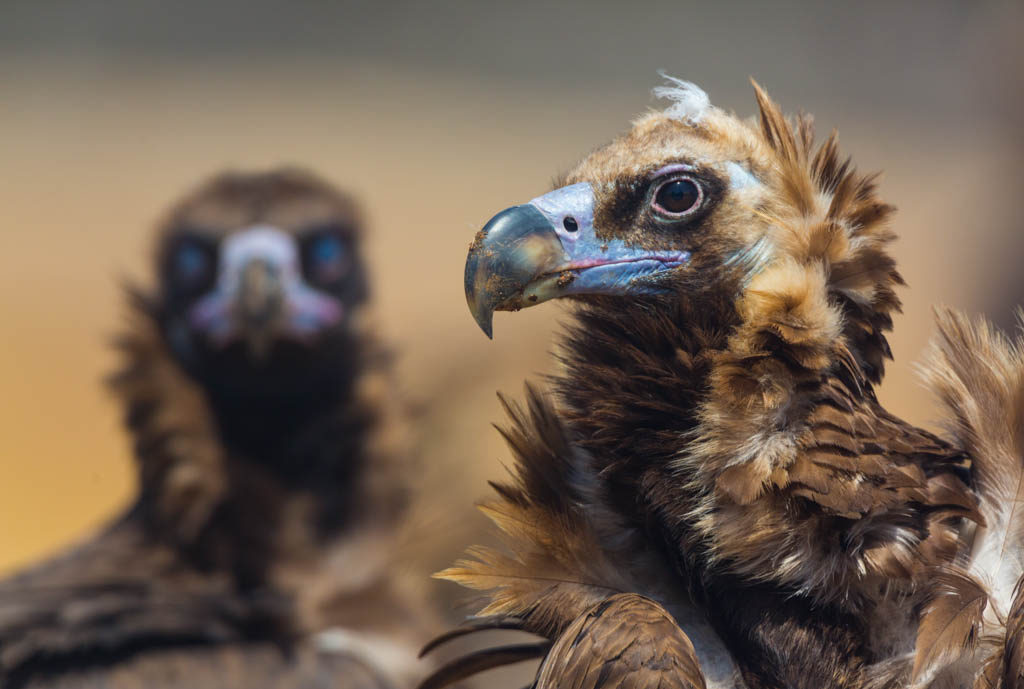
A grant from UK-headquartered fresh cosmetics retailer Lush has seen the preliminary stage of a cinereous (black) vulture reintroduction programme begin in the Rhodope Mountains of southwest Bulgaria. The funding of 61,500 euros will support various preparatory actions, with the eventual aim of translocating and releasing vultures from Spain in the Rhodope Mountains rewilding area in 2021.
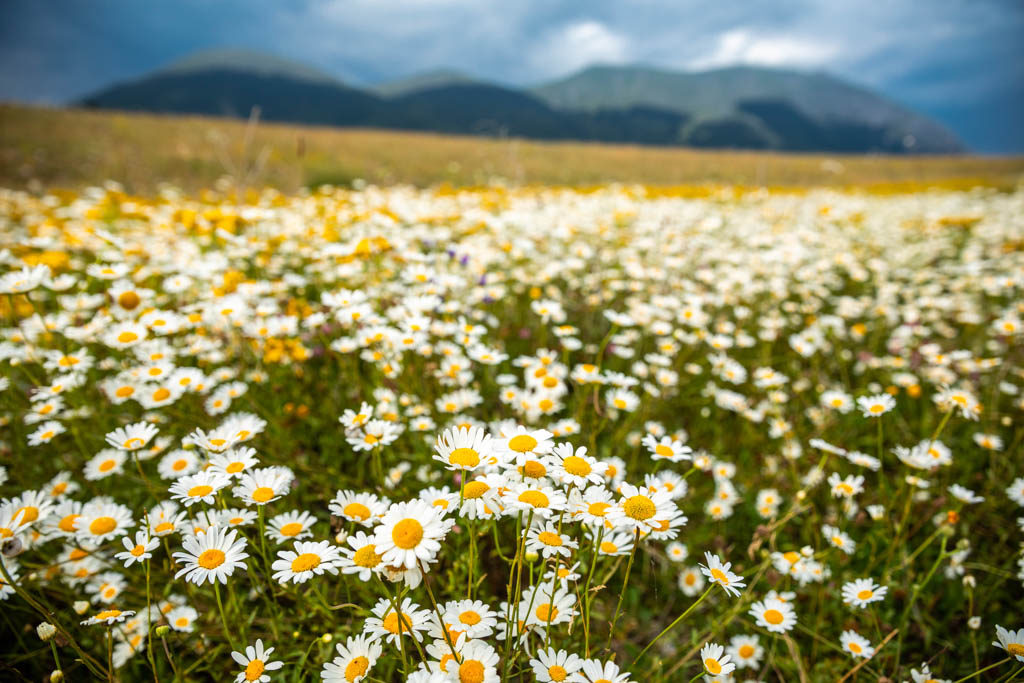
A 19,000-euro donation from Danish sustainable clothing brand Organic Basics is set to fund a number of important rewilding measures in the Central Apennines. These are helping the area’s endangered Marsican brown bear population to recover by promoting coexistence in a network of five wildlife corridors that the Rewilding Apennines team is currently developing.
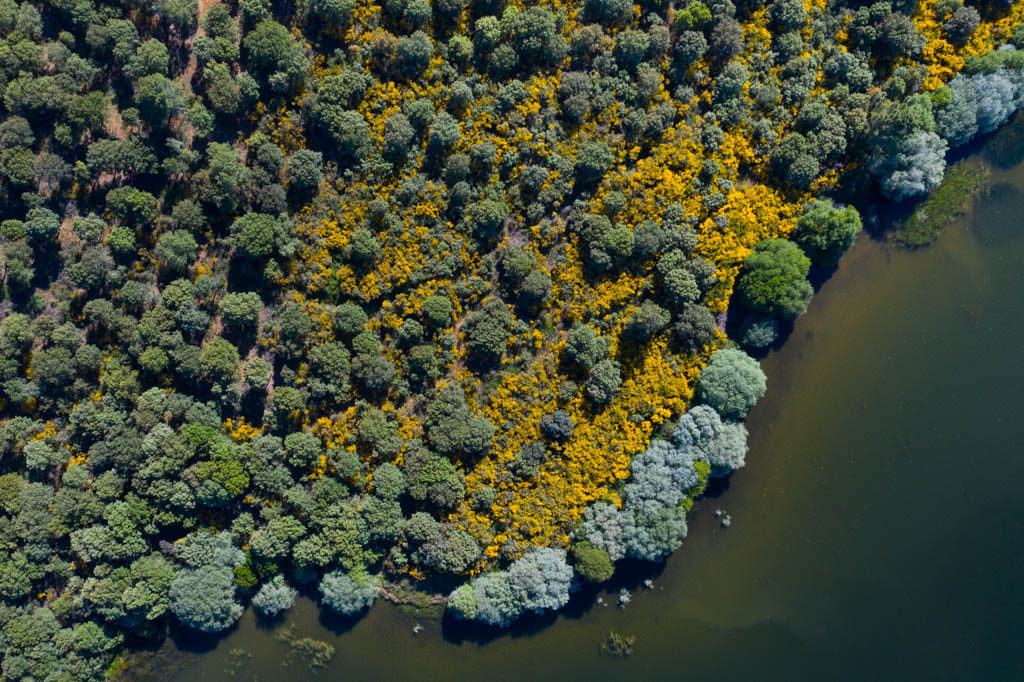
A new partnership was established with Earth Today, which aims to increase funds for nature protection organisations to accelerate their conservation efforts by repurposing engagement models between brands and their customers. The first pilot is focused on supporting land purchase in the Greater Côa Valley.
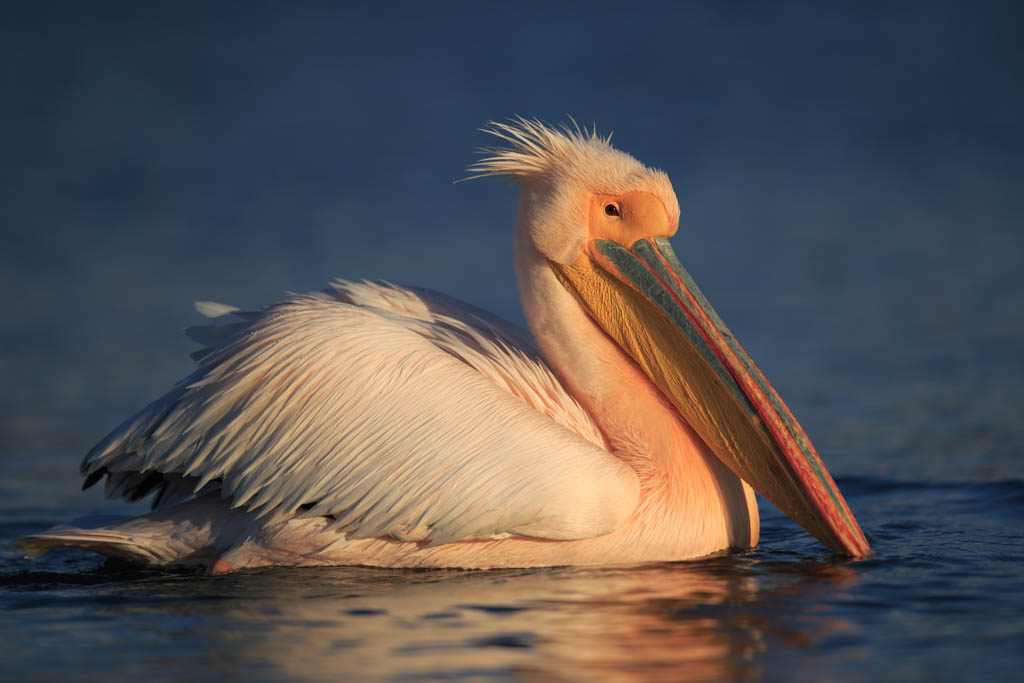
Other corporates that are supporting us this year are outdoor companies Elements (Belgium) and Cumulus (Poland). We are also very thankful to 1% For the Planet (United States) for their continued support, as well as Goldman Sachs Gives for its annual contribution.
Fundraising efforts
We continue to increase our income to ensure we can realise our ambitions across Europe. In particular there is a need for securing long-term financing for our rewilding areas. A number of new funding applications have been submitted (both public and private funding), including EU LIFE proposals for four rewilding areas. Preparations are underway for additional funding applications in the years to come.
If you would like to discuss supporting Rewilding Europe in some way, please feel free to contact us at info@rewildingeurope.com.

